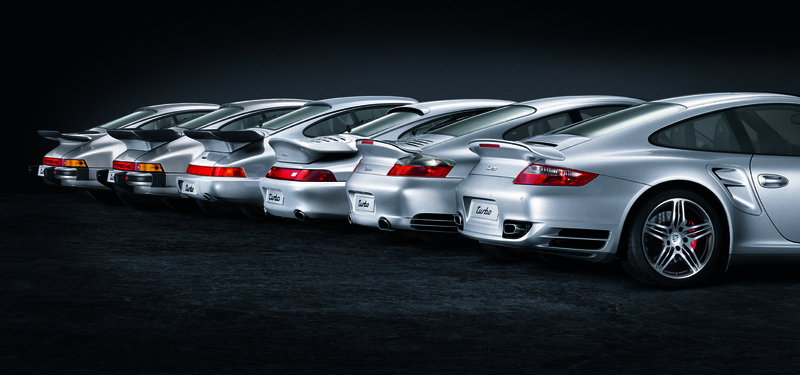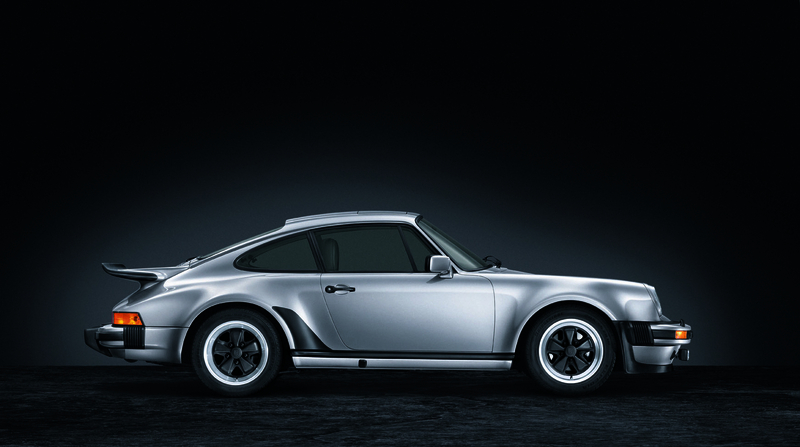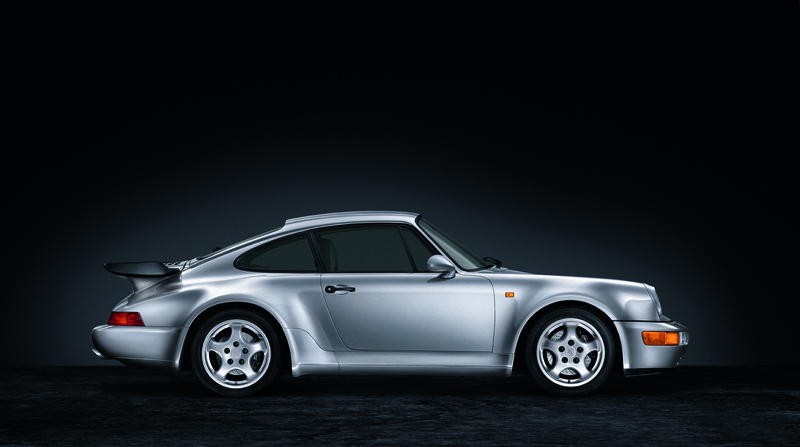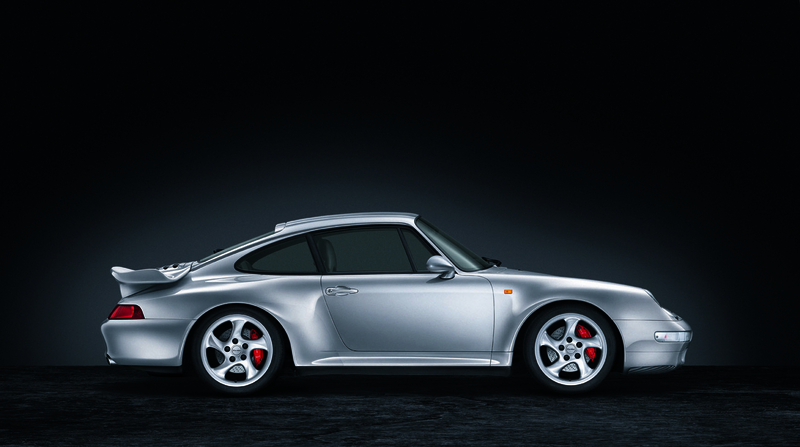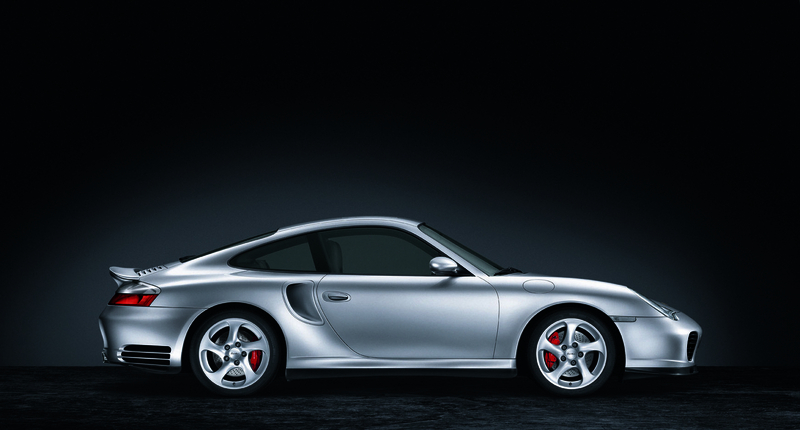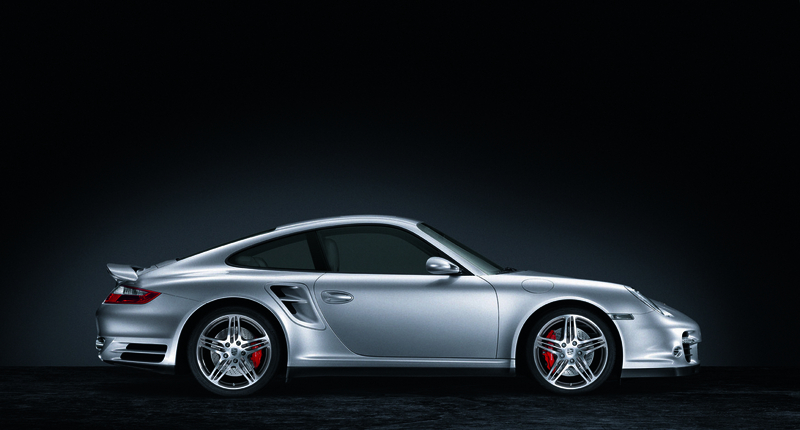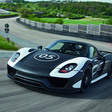|
Send this page to a friend! Fill in the form bellow | ||
news
Germany: The car that represents it best - Porsche 911 Turbo
With a country like Germany there are many, many options when it comes to picking the car that epitomizes the nation, so why did I choose the Porsche 911 Turbo Porsche 911 TurboGermany, 2009 > present3 photos
Porsche 911 TurboGermany, 2009 > present3 photos
?
You will also be wondering why I chose the Turbo version, which is not even close to being my favorite. I think the words at hand are ’efficiency’ and ‘teutonic’, although maybe not in that order. The Turbo fits this description better than any other 911 Porsche 911Germany, 1963 > present6 series
Porsche 911Germany, 1963 > present6 series
327 versions
1064 photos
10 videos
I can think of.
German cars should, without a shadow of a doubt, be built with quality in mind first and foremost. Porsche PorscheGermany, 1931 > present43 models
PorscheGermany, 1931 > present43 models
4639 photos
29 videos
has, in general, got this down to a ‘T’, possibly with the ‘996’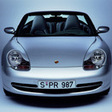 Porsche 911 Gen.4Germany, 1997 > 200435 versions
Porsche 911 Gen.4Germany, 1997 > 200435 versions
136 photos
as an exception. Porsche manages to strike an excellent balance between tactility, efficiency and lightness. The 911 is not a Lotus LotusUnited Kingdom, 1952 > present68 models
LotusUnited Kingdom, 1952 > present68 models
951 photos
7 videos
, but nor does it create cars with the heft of an Audi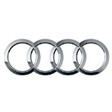 AudiGermany, 1909 > present83 models
AudiGermany, 1909 > present83 models
8213 photos
27 videos
product. Something the manufacturer’s new owners could learn from. The doors shut with a resounding ‘thunk’ as a German car should.
German engineering also has a history of producing some magnificent powerplants. Think of the BMW BMWGermany, 1918 > present87 models
BMWGermany, 1918 > present87 models
8471 photos
43 videos
Formula 1 turbo engine in the 1980’s, it’s McLaren F1 V12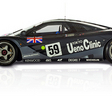 McLaren F1 GTRUnited Kingdom, 1995 > present5 photos
McLaren F1 GTRUnited Kingdom, 1995 > present5 photos
or Mercedes’ Mercedes-BenzGermany, 1924 > present197 models
Mercedes-BenzGermany, 1924 > present197 models
9852 photos
33 videos
6208cc unit in the C63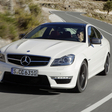 Mercedes-Benz C 63 AMG Co...Germany, 2011 > present8 photos
Mercedes-Benz C 63 AMG Co...Germany, 2011 > present8 photos
. Make no bones about it, the Porsche Turbo engine is a mighty unit. I am not suggesting that it is ultimately the most powerful, or completely lag-free, but it is synonymous with huge ‘kick in the back’ shove.
The six generations of the 911 Turbo
The original idea in 1974 was to build the first 911 Turbo in a production run of only 1,000 units. Total production of the 911 Turbo until 1989 then amounted to almost 21,000 units. In its basic characteristics, the Turbo has remained unchanged for 30 years: The emphasis has been on power and performance combined with comfort and everyday motoring qualities.911 Turbo (Type 930 3.0 l) model year 1974
At the 1974 Paris Motor Show Porsche presented the 911 Turbo 3.0. Maximum output of this sports car was 260 bhp from three litres engine capacity. Achieving a top speed with this power of 250 km/h or 155 mph, the Porsche 911 Turbo 3.0 was for a long time Germany's fastest road-going sports car.911 Turbo (Type 930 3.3 l), model year 1977
In 1977 Porsche introduced the 911 Turbo 3.3 powered by a larger engine, developing 300 bhp. Code-named the 930 model series, this sports car remains a legend to this day.911 Turbo (Type 964), model year 1990
Following a break in production of two years, the next Turbo powered by a 320 bhp 3.3-litre engine was launched in 1991, this time based on the 911 (964) model series.911 Turbo (Type 993), model year 1995
The next generation of the 911 Turbo (993 model series) introduced in 1995 had a power unit based on the air-cooled 3.6-litre engine of the 911 Carrera and featured two turbochargers boosting output to 408 bhp at 5750 rpm. Another significant innovation was the introduction of all-wheel drive carried over from the 911 Carrera 4. Total production of this 993-series Turbo was 6,314 units.911 Turbo (Type 996), model year 2000
The 996 version of the 911 Turbo introduced in the year 2000 maintained Porsche's all-wheel drive and bi-turbo technology. And it also introduced composite ceramic brake discs as a feature which has now been available for four years. It had a maximum output of 450 bhp from 3.6 litres capacity, giving the car a top speed of 307 km/h or 190 mph.911 Turbo (Type 997), model year 2006
The 997 Turbo was introduced in 2006 at the Geneva Motor Show. The engine was based on the 964/GT1 unit and made 480 HP and 620 Nm. The engine used for the first time two BorgWarner VTG turbos, a first for Porsche.
I am going to stereotype a nation now as well and say that the Germans are efficient too, and so, in a way is the 911 Turbo. It may not have the ‘efficient dynamics’ of a BMW 320d or the MPG chart topping, headline grabbing figures of the VW Lupo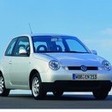 Volkswagen LupoGermany, 1998 > 20054 versions
Volkswagen LupoGermany, 1998 > 20054 versions
12 photos
3L, but name me another car that can do 0-60 in 3 seconds, push on to 196mph and return 30MPG when you need it to? No, nor can I.
History: This is where we get to the crux of the matter. People cite the 911’s rear-engined similarities to the VW Beetle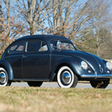 Volkswagen BeetleGermany, 1938 > 200339 versions
Volkswagen BeetleGermany, 1938 > 200339 versions
102 photos
3 videos
, and for once that actually supports my argument (agree or disagree). What is more remarkable is that Porsche has engineered its way round the rear-engine layout to the point that it is actually pretty benign to drive, with few of the ‘bite your hand off’ handling characteristics of the original Turbo’s. No other country would stick with the anachronism of sticking the engine over the rear wheels and make it work so effectively.
The 911 Turbo may not be perfect, some will even say the Nissan GT-R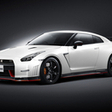 Nissan GT-RJapan, 2007 > 20092 series
Nissan GT-RJapan, 2007 > 20092 series
31 versions
145 photos
5 videos
does it better, but the one thing we know is that the next 911 Turbo will lift the bar even higher. It will incorporate more technology, handle more sweetly, go faster and be more efficient. And it will be rear-engined!
Encyclopedia | Engine Flat 6 Displacement 232 cu in Top Speed 196 mph Transmission 7, Automatic Maximum power 530 hp @ 6250 rpm Type Fixed-head coupé Fuel Petrol Fuel consumption (combined) 20.63 US MPG | price $ 250.680* based on Germany prices annual ownership cost $ 3.122 |
Contribute
more about Porsche



latest news





